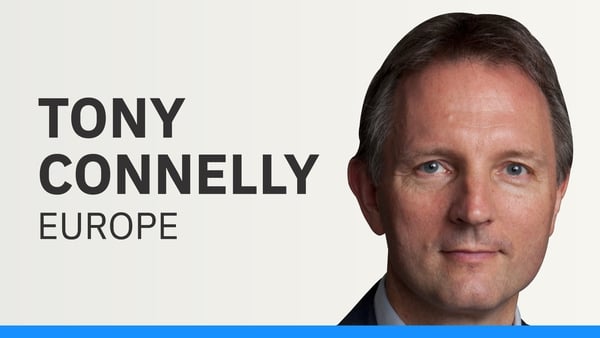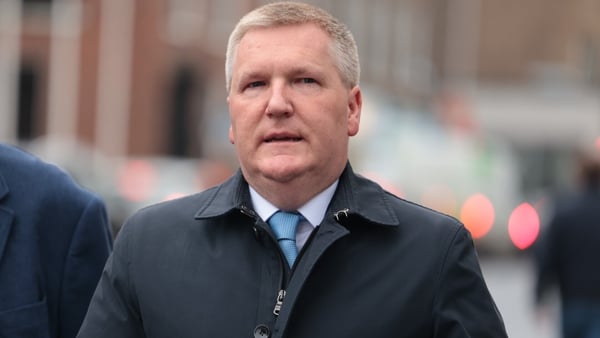The European Commission is recommending that the controversial herbicide glyphosate be renewed, subject to conditions, when its current licence expires in December.
An EU official said the recommendation followed an "unprecedented" three-year scientific assessment by member states, the European Food Safety Authority (EFSA) and the European Chemicals Agency (ECHA).
Critics and environmental organisations have claimed that glyphosate, the main active ingredient in the weedkiller known as Roundup, is carcinogenic and destructive of biodiversity.
Glyphosate was approved for use in the EU in 2017, but only for a five-year period and approval will lapse on 15 December.
Member states will vote on whether or not to renew the substance's licence through the Standing Committee on Plant, Animal, Food and Feed (SCOPAFF) on 13 October, on the basis of the Commission’s recommendation.
The Commission will discuss its recommendation with the standing committee on Friday.
If the renewal of the licence is approved by a qualified majority vote in October, then member states can choose to authorise the products that contain the herbicide.
"They must assess again each individual product and each use for which an application is submitted, taking into account the national circumstances in terms of agricultural production, and geographical and environmental circumstances," said an EU official.
If approved, glyphosate would be licensed for use for ten years, until 2033.
In a statement, Pesticide Action Network Europe (PAN Europe) said: "This would be in stark contrast to the will of the Europeans. Five years ago one million citizens formally asked for a ban and a recent IPSOS opinion poll in 6 EU countries shows that only a mere 14% of citizens agree with prolonged use.
"Meanwhile, there are serious concerns about the safety assessments by the EU Chemical Authority (ECHA) and Food Safety Authority (EFSA)."
An EU official said that the ECHA opinion, that glyphosate was not carcinogenic, was adopted unanimously by all member state experts, and was echoed in the conclusions of the European food safety authority.
On 26 July, the EFSA concluded that there was no "critical area of concern" associated with glyphosate in terms of a risk to human health and the environment.
The EU official said that while there were "data gaps" and "some issues not fully finalised", this was the case with "all" EFSA conclusions for all substances authorised.
In such a situation, the Commission assesses the risk with member states to establish if any risk can be mitigated with appropriate measures, and if so then renewal can be recommended, the official said.
The European Commission said that following the EFSA and ECHA conclusions about the risk of glyphosate in July, 17 member states responded with technical comments, while "several" member states recommended that the herbicide be renewed.
The official said that glyphosate was the "most studied" herbicide in the world and that the dossier submitted by manufacturers ran to 180,000 pages and referenced 2,400 studies.
Of these, the official said, "many were made by the applicants themselves, but many, many, many more were from public literature articles" which are always screened for relevance and reliability, and are considered in the risk assessment by member states, the European Food Safety Authority and by the EU's chemicals agency.
However, Dr Angeliki Lysimachou, head of science and policy at PAN Europe, said: "The regulators are moving full speed without listening to citizens’ concerns and independent science.
"Industry interests clearly prevail over health and the environment.
"The EU pesticide law is violated and citizens across EU countries will be outraged by this news."






